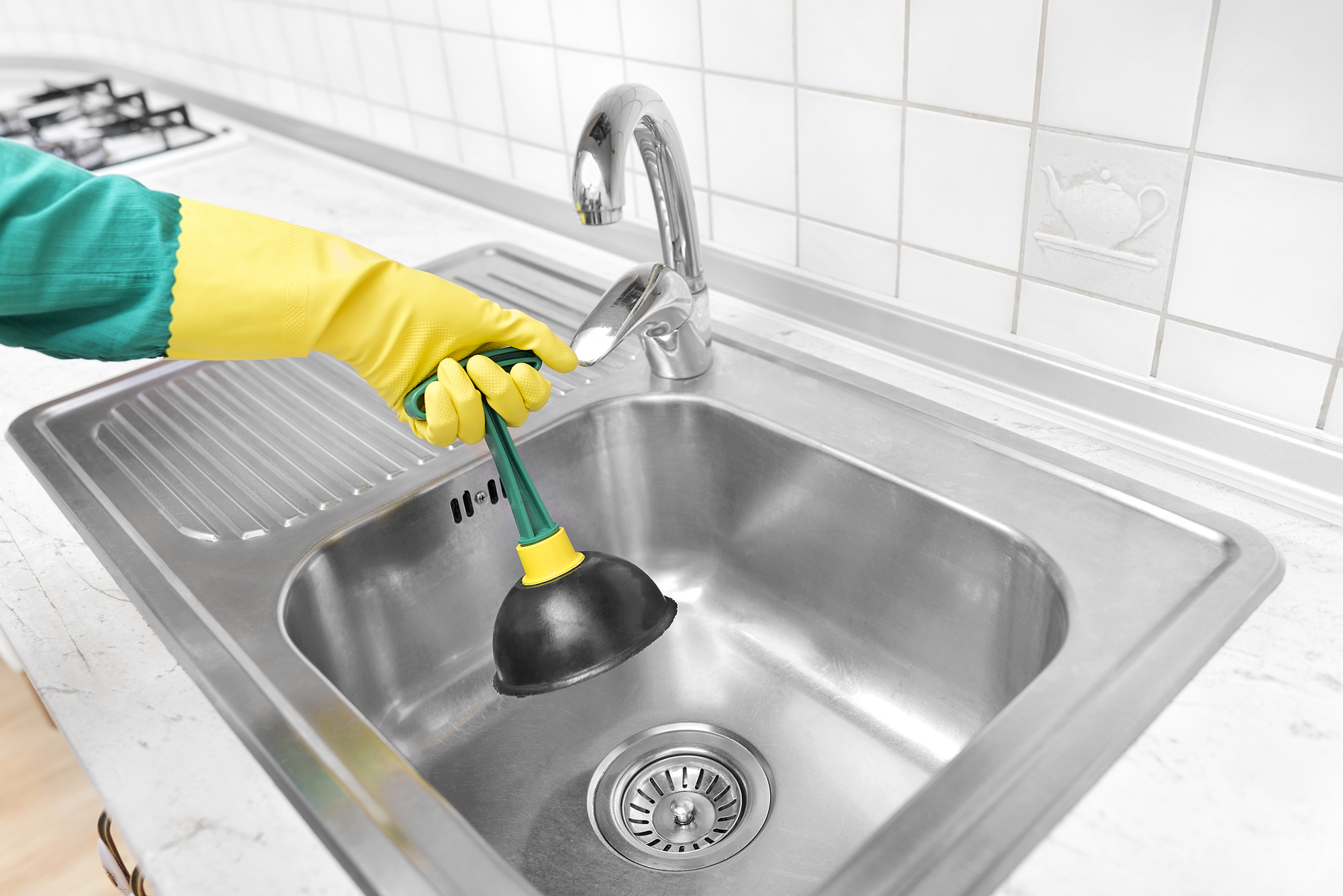If you live within the limits of a city, you likely have city water and you’re not allowed to have a well because the city can’t charge you for water. People living outside the city limits don’t have access to city water lines and often must have well water.
What’s the difference between these two types of water? Which one is better for the environment? We’ll examine this and other concerns about well water vs. city water. You may not think there is much of a difference, but that couldn’t be farther from the truth.
Well Water vs. City Water: Where Does It Come From?
If you have a well, then the water comes from below ground from an underground lake or aquifer. It could also be a pocket of water underneath the ground. A pump takes the water from the ground and into your home.
Residential well maintenance is important because impurities, sludge, and other issues can cause the water to be cloudy, rusty, or dirty over time.
City water often comes from a reservoir. The reservoir water can come from the river or other natural above groundwater supply or underground like well water. The main difference is the cities much follow Environmental Protection Agency regulations on how much of various chemicals such as lead, and radium can be in the water.
This requires the water to be treated before being sent through the water lines into the home. Well water can be treated with at-home treatment units, but they often lack the quality of city water plants.
How Is City Water vs. Well Water Different?
Well water should be regularly tested to make sure their levels of various chemicals are not too high for consumption. Well water has various minerals, and some can be radioactive or cause harm to the body. Therefore, in-home water purifiers are often recommended for people with well water.
City water can be treated by various methods including green sand filtration and reverse osmosis. Many times, the treated water and regular water are mixed to provide flavor. Also, cities can add chemicals to water such as fluoride to add additional benefits.
Which Is Better for the Environment?
Given that impurities and dangerous chemicals are removed from the water before being sent to homes makes city water better for the environment. It’s the same water you give your plants and gardens.
Well water may contain many beneficial minerals that city water doesn’t, which can help plants grow better, but it may also contain other minerals that are not good for the environment. Therefore, regular testing and maintenance is important for anyone drinking well water.
Choose the One You Like Best
If you’re thinking about moving and don’t know if well water vs. city water is best for your family, they both have their pros and cons. Well water has many natural minerals taken out of city water, but city water also has impurities removed and follows strict EPA guidelines.
Choose the best type of water for you and it will all work out. If you’re interested in learning more about well water and city water, please explore our site.










